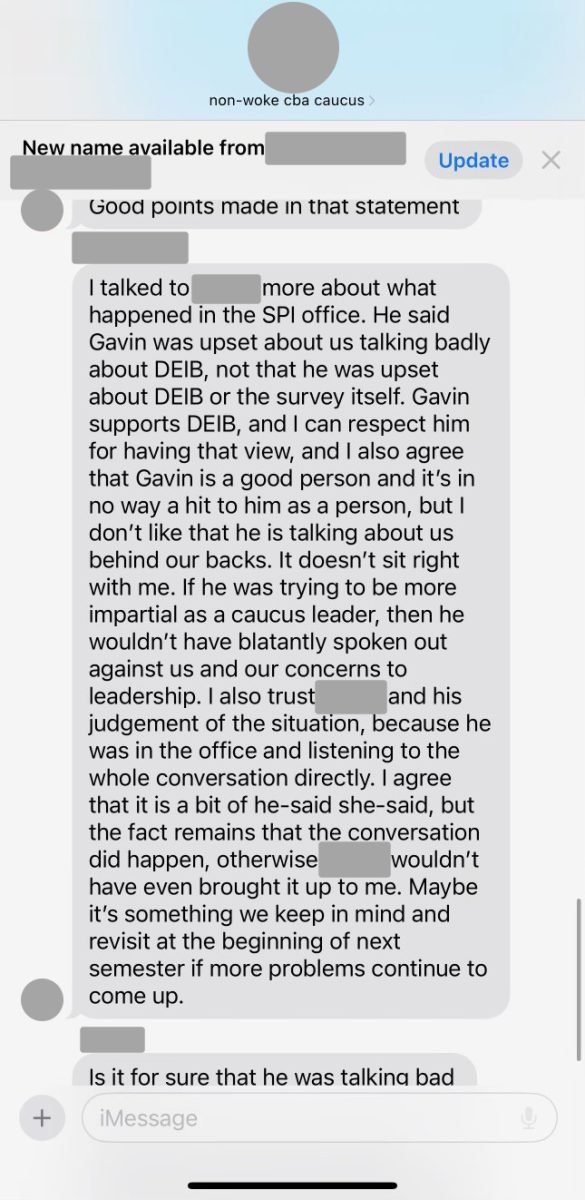Hearing is very important because it allows us to receive information from our surroundings and combine it with information from other senses to help us understand our world. Hearing loss can be devastating as it robs us of this ability. Many consider it a physical ailment, but its impacts extend beyond auditory difficulties.
The connection between hearing loss and mental health is a critical aspect of the condition that deserves attention. In this article, we will explore how hearing loss can affect mental health and provide insights into this often-overlooked condition.
It Can Cause Isolation and Loneliness
Hearing loss, by its very nature, makes it difficult for those with the condition to follow conversations or engage socially. In many cases, those with the condition struggle so much that they stop engaging. They then withdraw from social interactions to avoid the frustration and embarrassment associated with miscommunication.
Over time, this disengagement leads to social isolation, a precursor for loneliness and a known risk factor for mental health issues. For this reason, those with hearing loss must get the help they need to interact again with the world, with the available interventions ranging from cochlear implants and hearing aids to auditory rehabilitation.
The first step in establishing the right intervention is getting a hearing test. You can schedule one at phonak.com/en-us, where you can also see the different hearing aid options available depending on your type and level of hearing loss and other conditions.
Depression and Anxiety
Research has shown that people with hearing loss are more likely to suffer from anxiety and depression. The anxiety often stems from them worrying about how fast their hearing loss will progress, how much of their hearing they will lose, and when they will have complete hearing loss.
They may also be anxious about available treatments and interventions and whether they will work for them, or due to worrying about being judged for their condition and miscommunication.
People with hearing loss are also more likely to experience depression and suicidal thoughts. Both start as anxiety and stress about not hearing specific sounds or being able to communicate effectively with their loved ones.
Feelings of isolation can also lead to depression, as can losing autonomy. Loss of autonomy occurs when a person needs help with everyday things or tasks that they did not in the past, which impacts their self-worth.
The emotional toll of feeling left out can also contribute to these mental health conditions.
Reduced Quality of Life
One aspect that people without hearing loss do not understand about the condition is that it can severely reduce the person’s quality of life. It can make simple pleasures like enjoying music, TV shows, and movies, engaging in conversations, or participating in group activities increasingly challenging.
With access to what they loved doing in the past taken away or inaccessible, those with hearing loss might become frustrated and sad. These feelings can turn to stress and depression if they dwell on them for too long.
Cognitive Decline and Dementia
Various studies have suggested a potential link between untreated hearing loss and cognitive decline, including conditions like dementia and Alzheimer’s, with the correlation between the two being much higher in older adults.
The scientists who support this link point to the “cognitive overload” theory. This theory suggests hearing loss causes the brain to utilize additional energy and resources trying to hear, leaving fewer cognitive resources for memory and other cognitive functions.
Another suggestion is that the social isolation caused by this condition can increase the rate of progression of cognitive decline and dementia.
Lastly, some researchers say the brain shrinks in people with hearing loss. The reason for this, they say, is that the brain has to receive and interpret fewer signals and less information, leading to some parts of it shrinking.
Psychosis
Hearing loss has also been linked to psychosis, a condition that can cause various symptoms including delusions and auditory hallucinations, which are especially common in people with partial or complete hearing loss. They may hear sounds, music, and even voices that are not there, leading to mental anguish that can devolve into this mental condition.
Mental health professionals say these hallucinations can be due to isolation as the brain tries to fill the gap left by not hearing, which it is not used to. They also say it might be due to a disruption in how the brain perceives and remembers information.
Sleep Problems
Impaired hearing can also impact sleep quality, most commonly in people with tinnitus. In addition to stress and depression, poor sleep can cause other health issues, including depression, diabetes, and high blood pressure.
Coping with Hearing Loss
There are various ways to deal with hearing loss, starting with seeing a primary care doctor. They may be able to help you with the underlying reason or suggest changes that can slow the condition, such as not exposing yourself to loud noise. They can also refer you to other specialists, such as an audiologist or occupational therapist, which can help you explore different options.
Seek Professional Help
If hearing loss is impacting your mental health, you should strongly consider professional help. Some therapists have experience working with people who have lost their hearing. They can assist you with dealing with the loss, and help you develop coping skills and strategies. They can provide guidance and treatment options tailored to your specific situation.
Build a Support System
Individuals with hearing loss should build a strong support system of friends, family, and healthcare professionals. These relationships can ensure they have the emotional support they need, reduce feelings of isolation, and help manage the psychological challenges associated with hearing loss.
Hearing loss can lead to difficult emotions, especially when the person considers what they are losing. It can also lead to isolation and difficulties in everyday life, which can cause various mental health issues. Anyone experiencing hearing loss should seek professional help from mental health professionals, as well as from audiologists to explore the available options.






















































